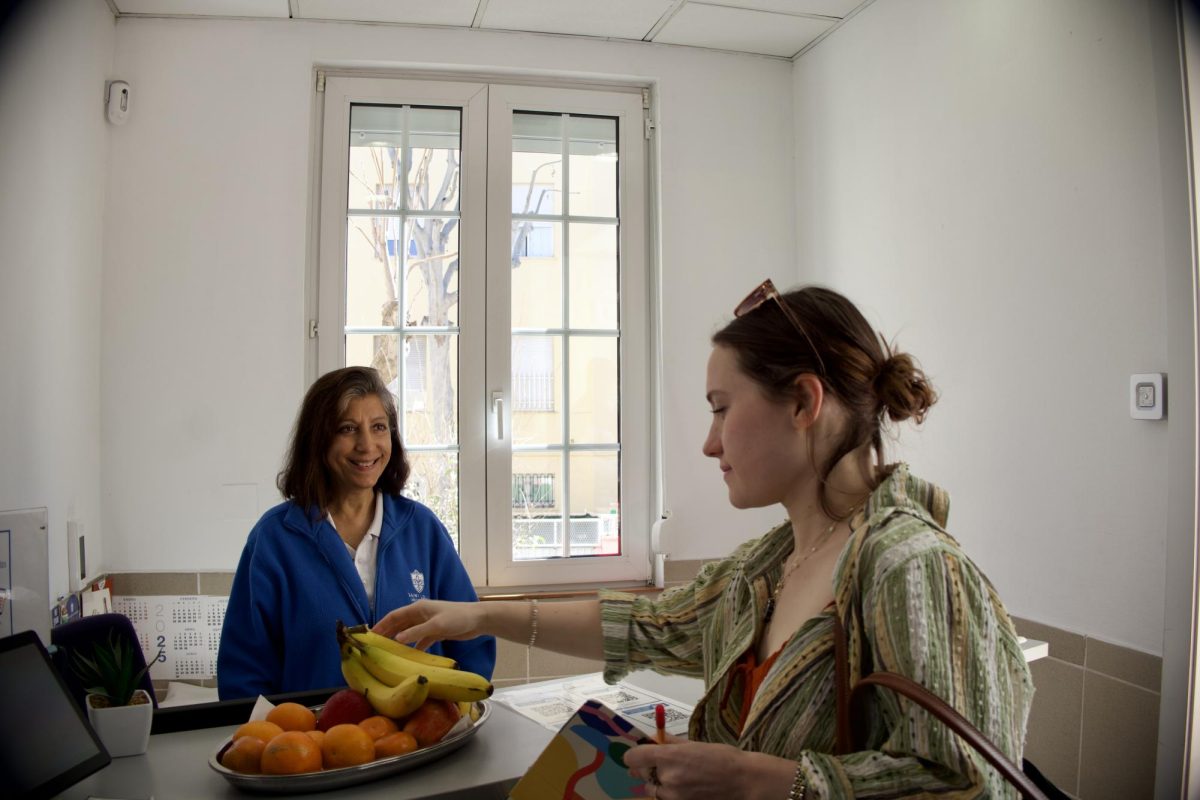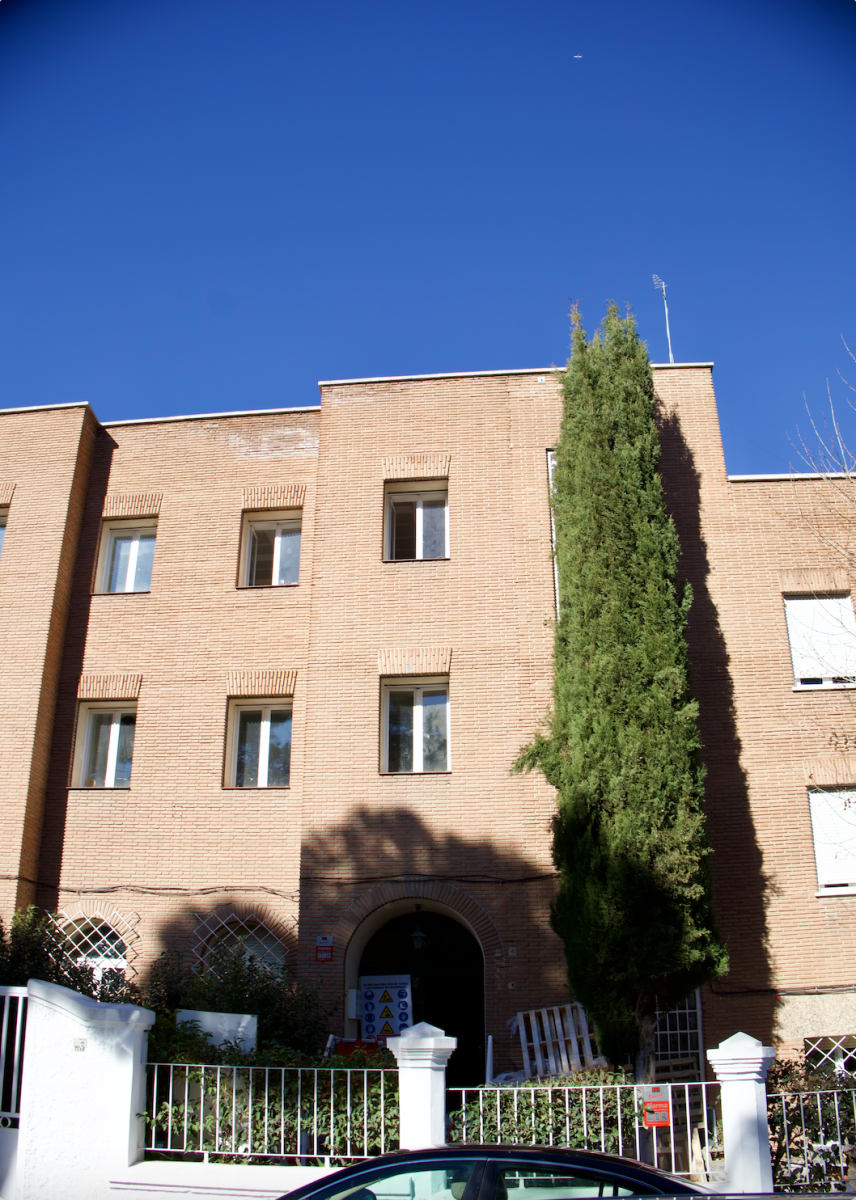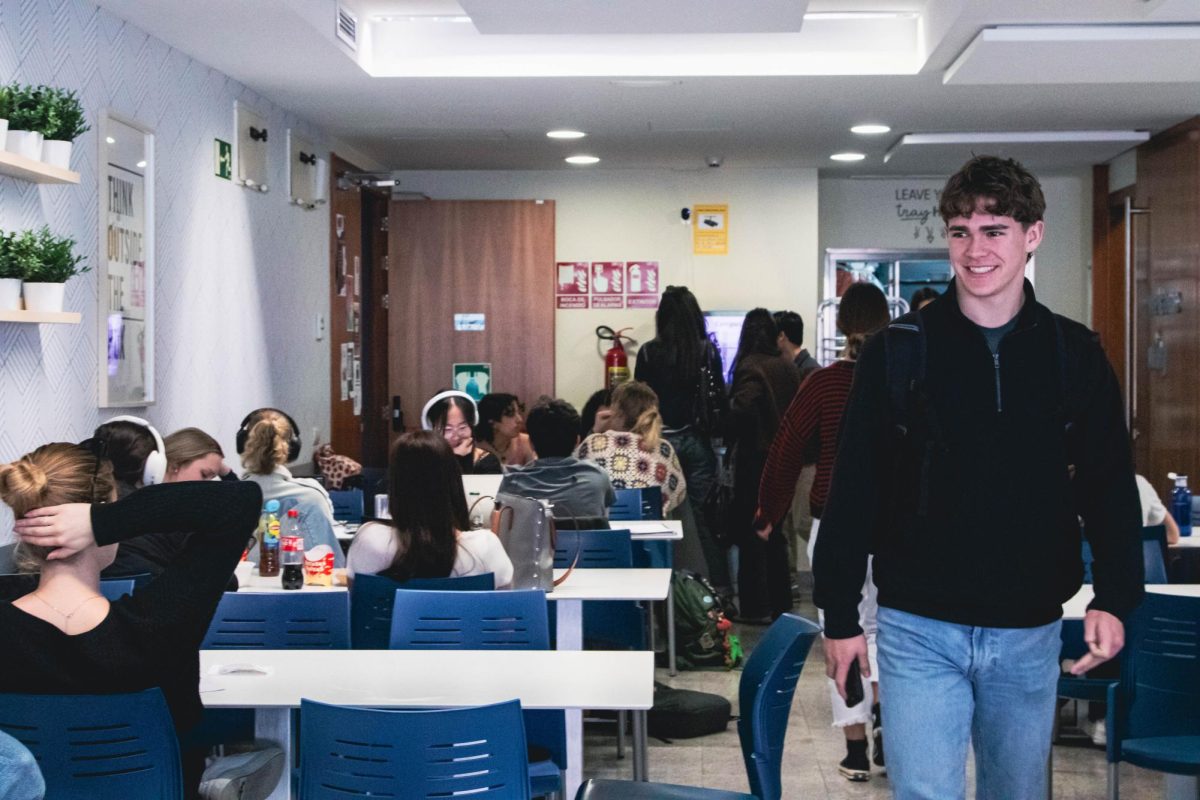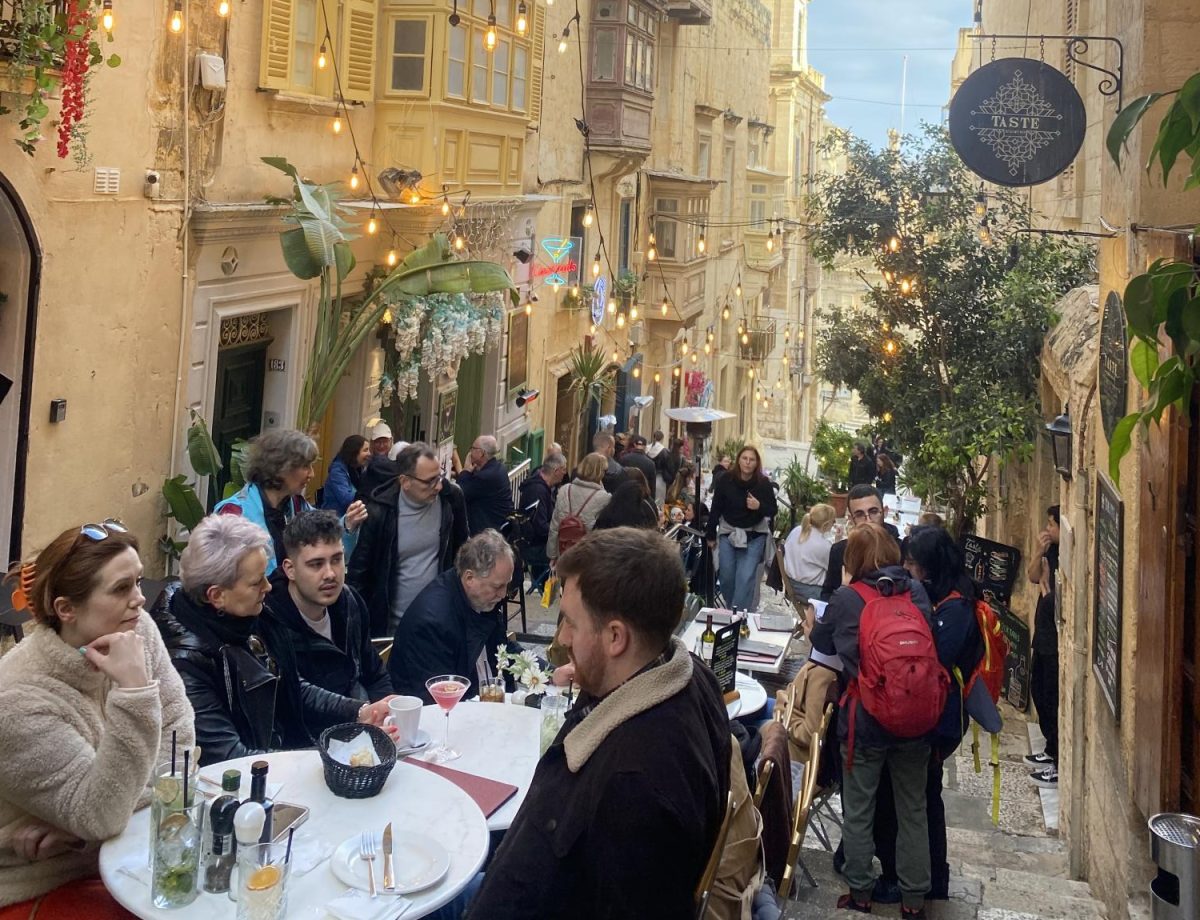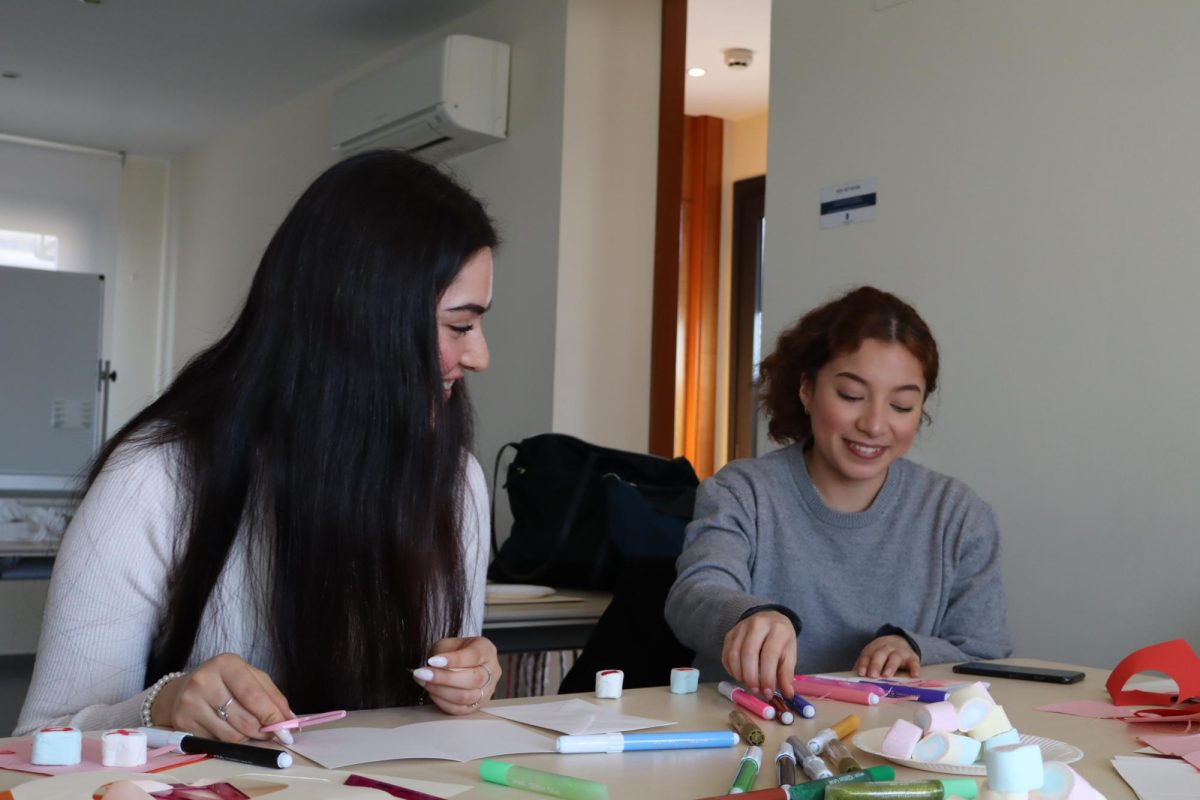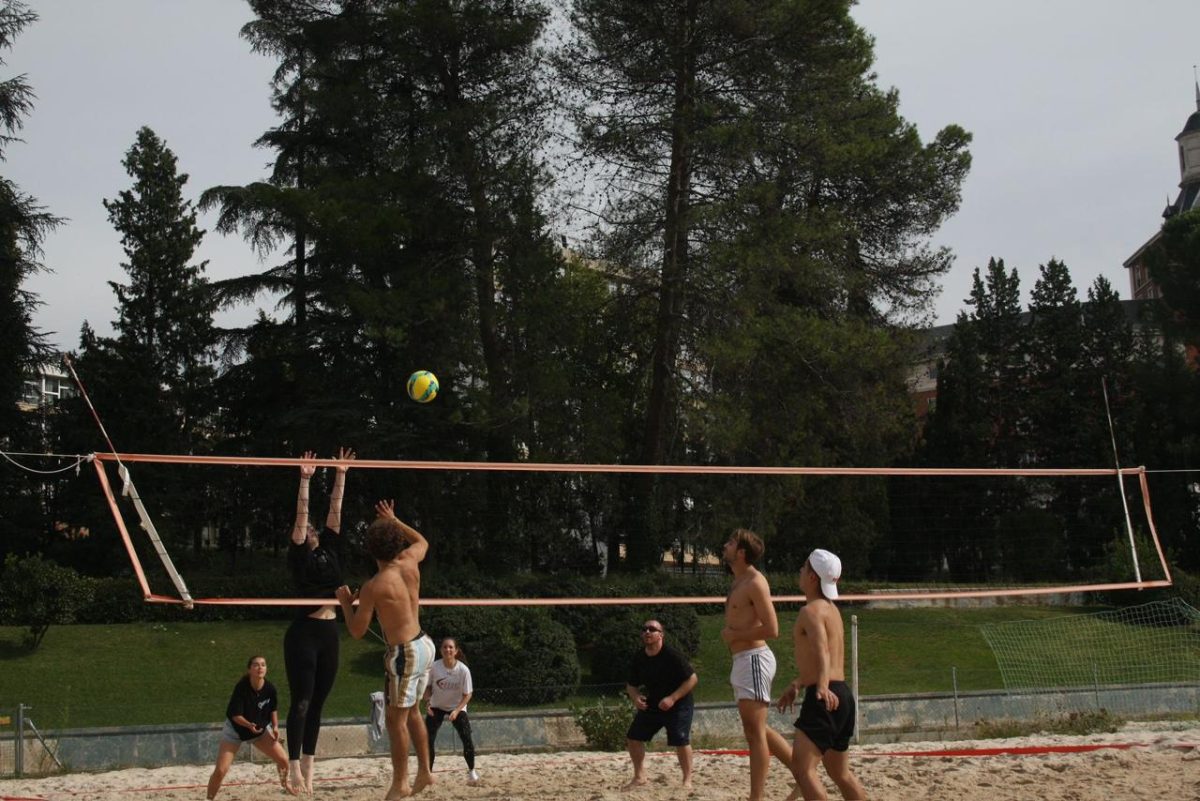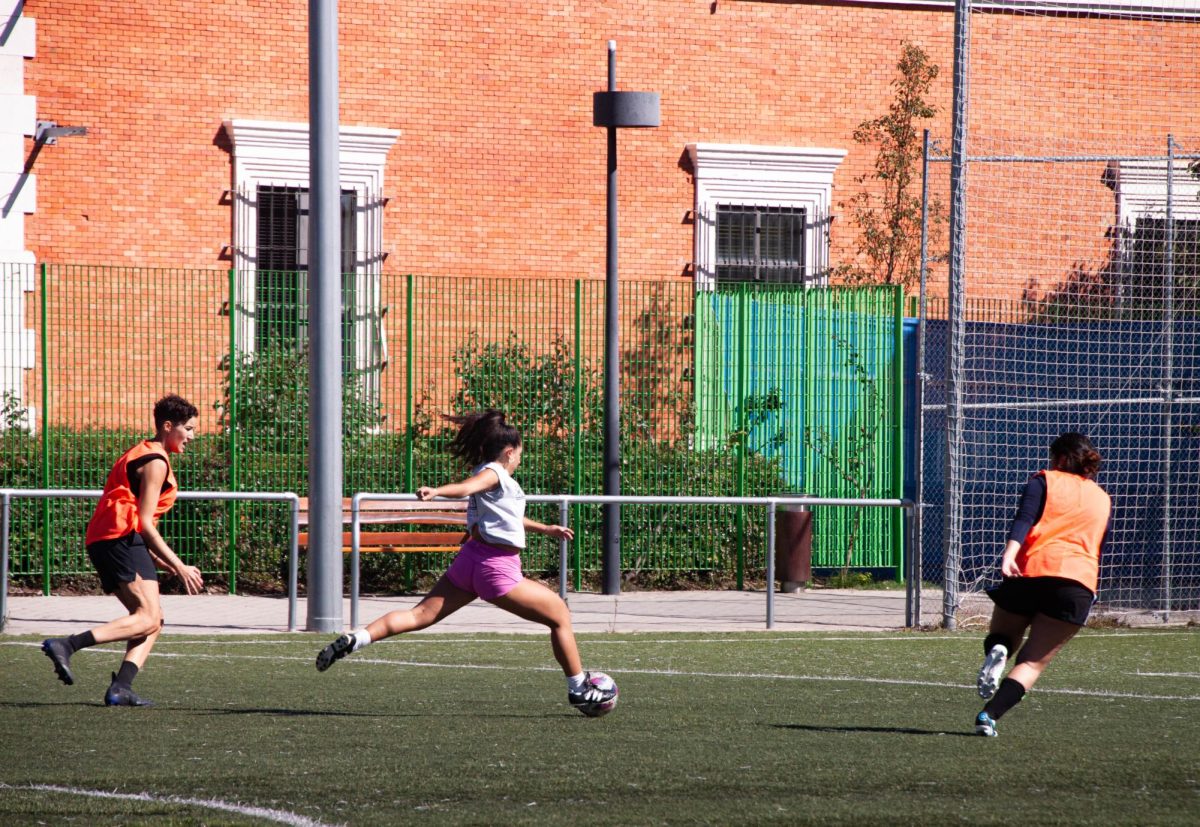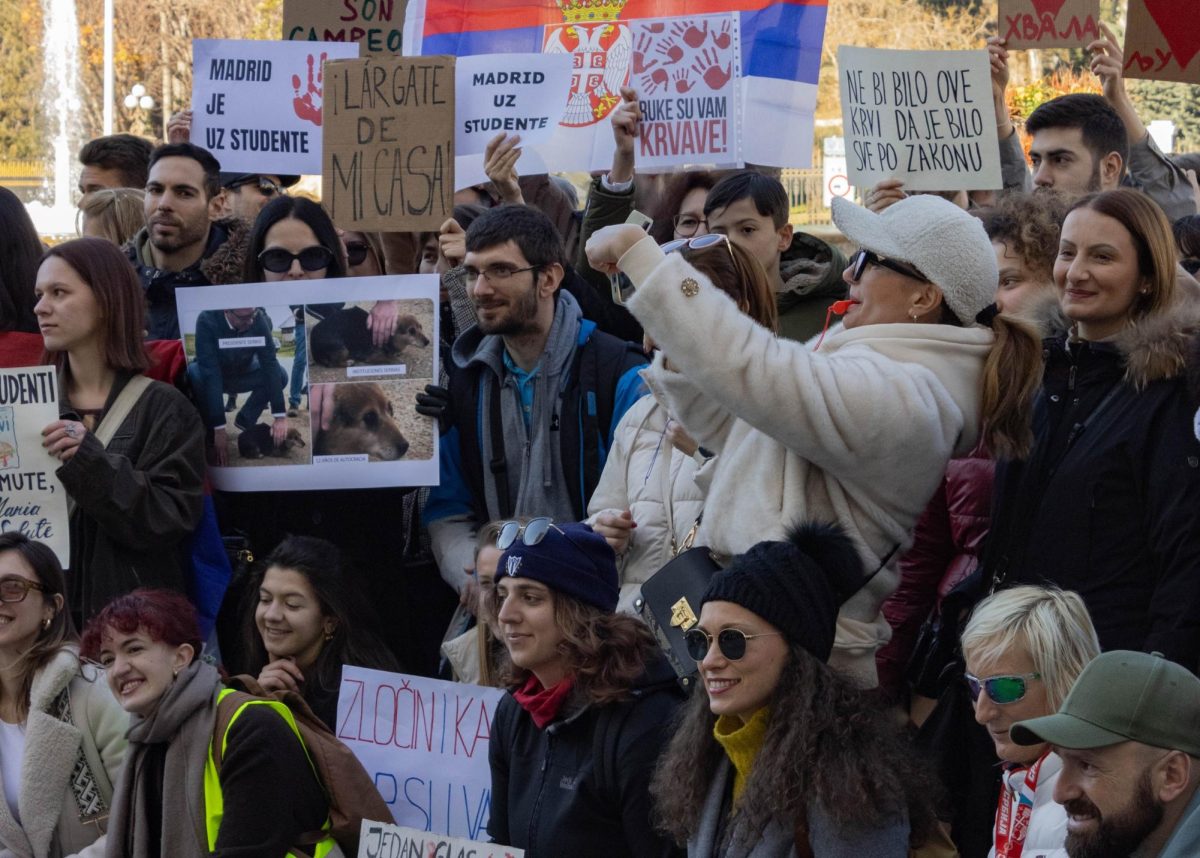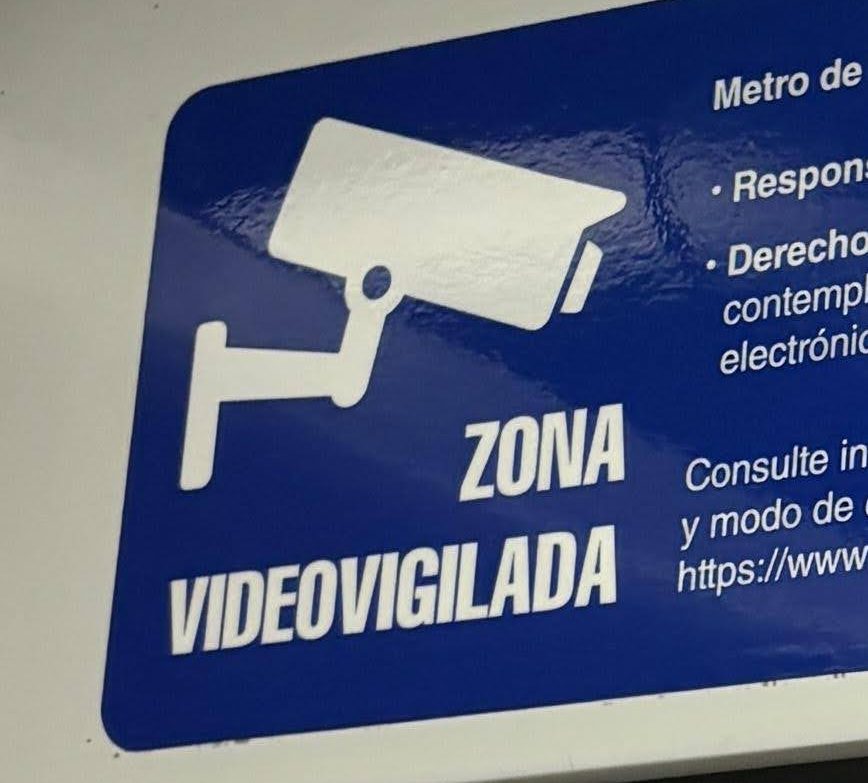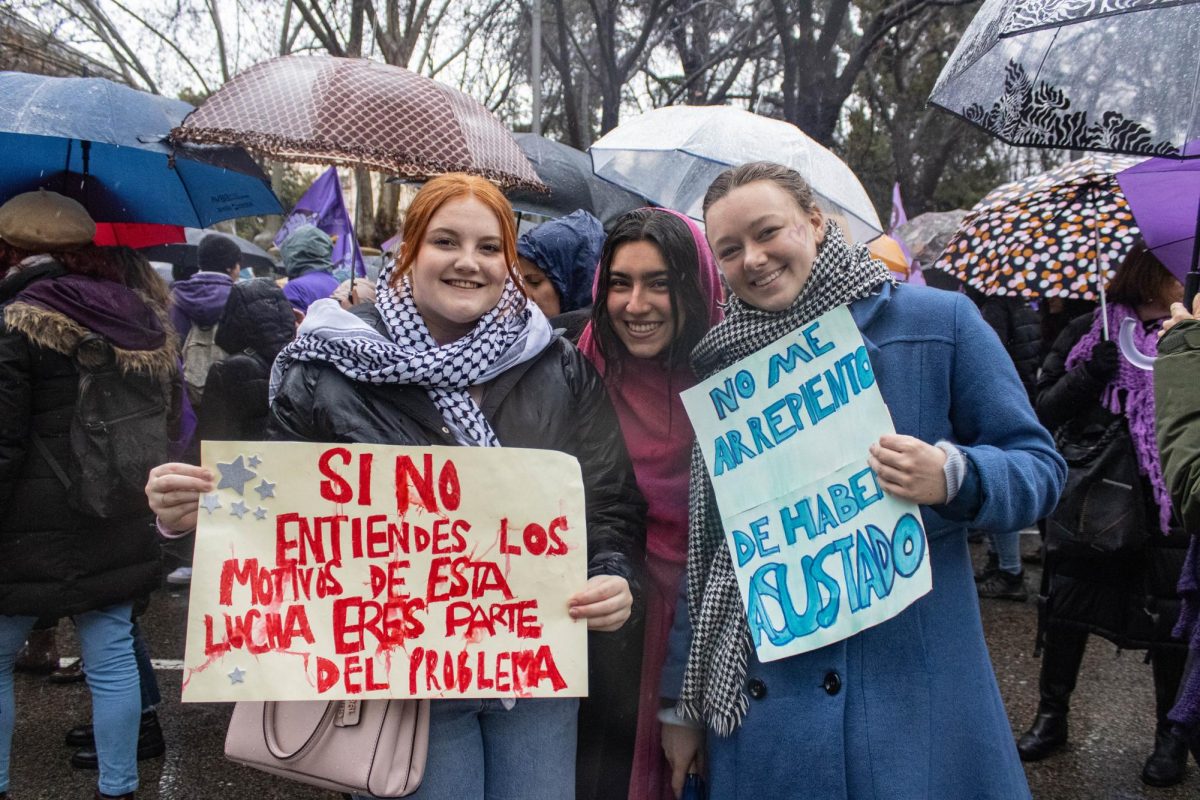A few weeks into her study abroad semester in Madrid, Baylor University junior Ali Demosthenes and her friend were coming home from Sol around 1 a.m. on the Metro line three when a man ran into their train car and quickly grabbed another passenger by his jacket.
The attacker sifted through the inside of the passenger’s coat, taking his wallet before running out of the train again before the doors closed.
Though grateful, Demosthenes said she and her friend couldn’t stop wondering why the attacker didn’t choose them. Many people had warned them they would be targets of pickpocketing as Americans in a foreign country.
Though she was shaken up, Demosthenes admitted she feels safer in Madrid compared to the American city where she attends college — Waco, Texas.
“I feel like in the U.S. — it’s more violent,” Demosthenes said. “There’s a lot, like, guns are legal, so it’s like, I don’t know. Anybody can have a gun at any point. So yeah, I feel safer in that aspect.”
Other study abroad students at SLU-Madrid shared Demosthenes’ opinion, remarking that their home universities come with more frightening risks.
Regardless of the perceived physical safety of many American visitors, Madrid Mayor José Luis Martínez-Almeida has made it an initiative of his office to increase video surveillance security cameras, specifically with 83 artificial intelligence-equipped cameras now in Madrid, La Vanguardia reported.
The initiative aims to increase crime deterrence while using AI to make security more efficient in the city, La Vanguardia reported. The cameras can potentially use license plate detection among other AI powered recognition tools.
Dr. Neville Li, program coordinator of International Studies at SLU-Madrid, specializes in technology and its role in politics in his recent research, specifically studying AI and education and the Chinese AI education system.
Li said he believes the increase in AI surveillance cameras is unnecessary, especially in a city like Madrid with low crime rates but doesn’t find the political step as drastic compared to other cities such as London, which has also implemented an extensive amount of surveillance cameras into its security.
The EU AI Act, passed July 12, bans “unacceptable” risky applications of AI, regulates “high risk applications” but leaves any application not deemed unacceptable or high risk unregulated, according to the EU AI Act website.
Li questioned how Madrid’s new AI cameras work into the EU AI Act, specifically since they fall into the vast unregulated category of AI use.
“First is, to what extent that data is recorded or stored, or how long that it will last?” Li asked, referring to the video surveillance footage. “Where does it go? And that’s the first thing. Second thing is, does it go to the government? Or to what extent, which level of government forces would have access to those videos?”
Though Li doesn’t think the cameras should cause any substantial amount of fear, he worries about the lack of transparency in their use.
Amelia Lach, a semester SLU-Madrid computer science student with a concentration in AI, said she thinks the privacy risks of any AI technology will always be present and understands the hesitancy, but she thinks Madrid’s new cameras could be highly beneficial.
For example, a normal security camera can typically detect pixel shifts or motion but won’t differentiate between what could be a raccoon breaking in versus an actual human threat, Lach explained. The new AI cameras zero in on serious threats by detecting humans rather than motion.
“They’re just more high tech,” Lach said. “Which obviously comes with AI, right? I think any update with that will make any type of security get better.”
As a student from the University of San Francisco, Lach said she’s been shocked how safe she feels on public transportation in Madrid. Since Lach lives on the outer edge of the neighborhood Moncloa, she said she often takes the Metro alone to meet up with friends in more popular neighborhoods for a night out at bars or clubs.
“If I had to go on the SF bus, or the BART [Bay Area Rapid Transit], someplace else, I would feel so just like scared, and just, I don’t know, like, creeped out wearing going-out-clothes,” Lach admitted. “Here I feel like, yes, there are some people who kind of stare at you a little bit, but I don’t feel as alarmed as I would in SF.”
In San Francisco, Lach said she worries about the unpredictable behavior of homeless people who may not be mentally stable due to drugs or other substances. In Madrid, though Lach takes precautions against pickpockets, she said she doesn’t often feel scared.
A friend of Lach’s who is also studying at SLU-Madrid for the semester, Lily Mastrangelo recalled a time when she and Lach were taking the 49 bus to the Mission District in San Francisco for the Polish Festival.
The two girls were passing a phone back and forth looking at something when a man across from them began rocking his body and started yelling to stop taking photos. The instance incited other homeless people on the bus to join in yelling at the girls.
One man even took a wrench out, Mastrangelo recalled, threatening them and forcing the girls to run off the bus for their safety.
“You have to be far more aware in San Francisco,” Mastrangelo said. “You can sit on the bus and do whatever you want, but once, like, a certain kind of person steps onto the bus, sometimes they may make a scene. Sometimes they’re bringing in just a certain energy to the bus you don’t want, like, that’s when you probably need to perk up and make sure nothing’s going on.”
In Madrid, Mastrangelo ensures all her belongings are in zipped compartments close to her body and never wears both AirPods to keep herself safe from any potential theft or other threats.
Kiera Rielly, another SLU-Madrid semester student, follows similar practices to both Lach and Mastrangelo, opting to take precautions on public transportation and around large groups of men, especially considering her own unfamiliarity with Madrid.
Nerea Alvarez-Rua, a college student originally from Bilbao, was a foreign exchange student in Akron, Ohio for a year her senior year of high school in August of 2021 to May of 2022. Though the population of Madrid is 17 times the size of Akron’s, Alvarez-Rua admitted that even the largest cities in Spain —and even Europe as a whole — feel a lot safer than many small American towns.
Alvarez-Rua attributed this to the weak gun control laws in the U.S., which she said can make uncomfortable situations, like an encounter with a “crazy person” even scarier. She said it was most shocking to her as a European how often she had to worry about guns in school.
Alvarez-Rua has visited Madrid about five or six times in her life. Since she doesn’t know the city as well as she knows Bilbao or her college town, Vitoria-Gasteiz, she said she doesn’t feel as secure as she would elsewhere. Alvarez-Rua’s worries aren’t strong enough that she feels she needs to take any preventative measures to protect herself.
“The cameras being in Madrid surprise me I think,” Alvarez-Rua said. “Sometimes I would be uncomfortable visiting, but not any more than a different big, new city.”
Jaime Murciano, a Madrid native who attends CEU San Pablo – a neighboring university to SLU-Madrid’s campus, said his biggest safety concern is getting attacked with a knife. He also keeps a watchful eye for pickpockets especially on a night out. He doesn’t worry about his safety in the city often, though.
To Murciano, staying safe involves keeping away from certain areas of the city. He recommended staying in the north and avoiding the southern neighborhoods.
Though the new surveillance cameras may deter minor crimes, SLU-Madrid political science professor Dr. Barah Mikail questioned the efficacy of the AI cameras in catching more serious crimes in Madrid, like gender violence, which can’t be detected through any sort of surveillance camera.
Instead, he thinks the cameras will target delinquency, like the pickpocketing many American study abroad students were warned about.
“Will it stop criminality? Criminality is low, but it won’t stop it I think,” Mikail predicted. “Will it stop delinquency? I don’t think either. It won’t even be efficient on delinquency.”
Nonetheless, Mikail acknowledged how the EU AI Act can be an example for the rest of the world in how to use AI in government without crossing into the private lives of citizens.
“We need to have the guarantees that it doesn’t go beyond ethical lines or the ethical limits — that it doesn’t go be beyond what is acceptable,” Mikail said.

